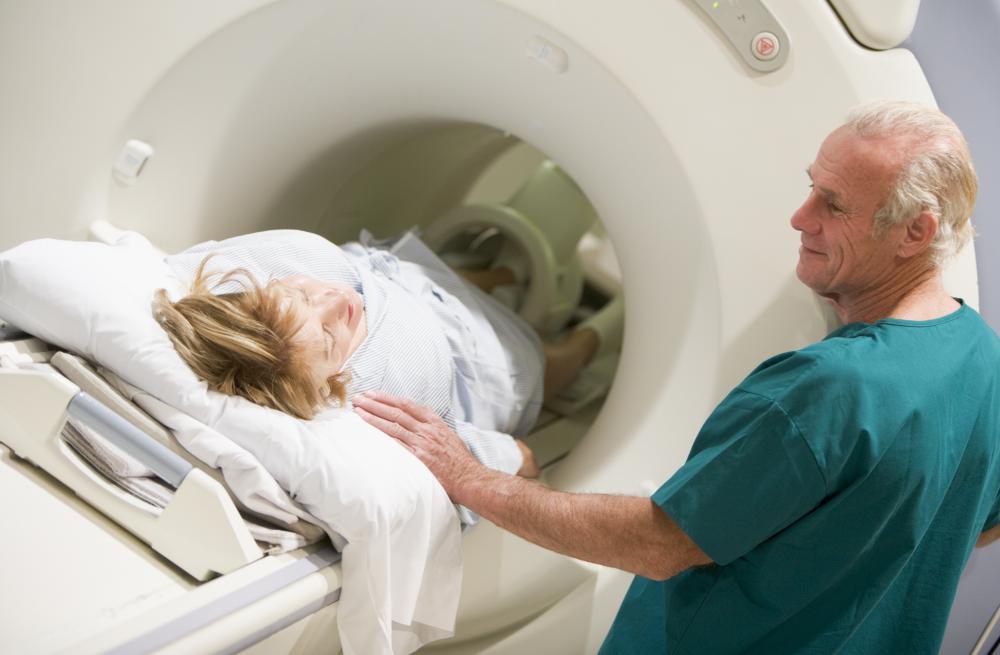At WiseGEEK, we're committed to delivering accurate, trustworthy information. Our expert-authored content is rigorously fact-checked and sourced from credible authorities. Discover how we uphold the highest standards in providing you with reliable knowledge.
What are Appropriate Phenytoin Levels?
Managing phenytoin levels is important to ongoing seizure treatment and the prevention of regularly occurring seizures. Serum levels should not be too low, or the risk of an increase in seizure activity is high. If the levels are too high, the risk of toxicity increases. The exact levels will vary with each individual patient, but a base of 10-20 micrograms per milliliter is used when testing levels in a patient’s system. At this level, the majority of patients do not show signs of toxicity.
Epilepsy and some types of brain surgery are conditions that lead to seizures. In rare instances, nervous system surgery can also cause this problem. Generally, there is no way to fix the cause of the seizures, so anticonvulsants are given to control the occurrence of seizures. Phenytoin is one of the medications that can be used to reduce seizure activity. Monitoring phenytoin levels helps doctors find the ideal dosage.

Phenytoin works with the brain to prevent seizures from occurring. A seizure happens when brain cells fire at a more rapid rate, which then causes the body to move uncontrollably. Anti-epileptic medicines are designed to keep the brain cells firing at normal rates.
The risk of toxicity is high because of how this medicine works with brain functions, which is why it is so important for phenytoin levels to be monitored. Each person is different; people have different absorption rates and tolerances or medications. Testing the blood frequently can help doctors find a dose that works for each patient.

The side effects of phenytoin will vary and largely depend on individual tolerance and dosages. Within the normal level range, phenytoin is adjusted to a point that is most beneficial with a minimal amount of side effects. If phenytoin levels are too low, seizures are not being controlled and will occur, even if they are less frequent. If phenytoin levels are too high, patients experience less seizure activity but more side effects, such as confusion and involuntary eye movements.

Phenytoin levels should be checked at specific times. Testing should be done a week to 10 days after treatment has started. Levels should be tested at regular intervals of at least once a month to ensure consistency. Additionally, if dosages are increased or decreased, testing should be done within a week of the adjustment. If a patient has an increase in seizure activity or the side effects experienced, the levels should be checked and dosages adjusted accordingly.
AS FEATURED ON:
AS FEATURED ON:















Discuss this Article
Post your comments